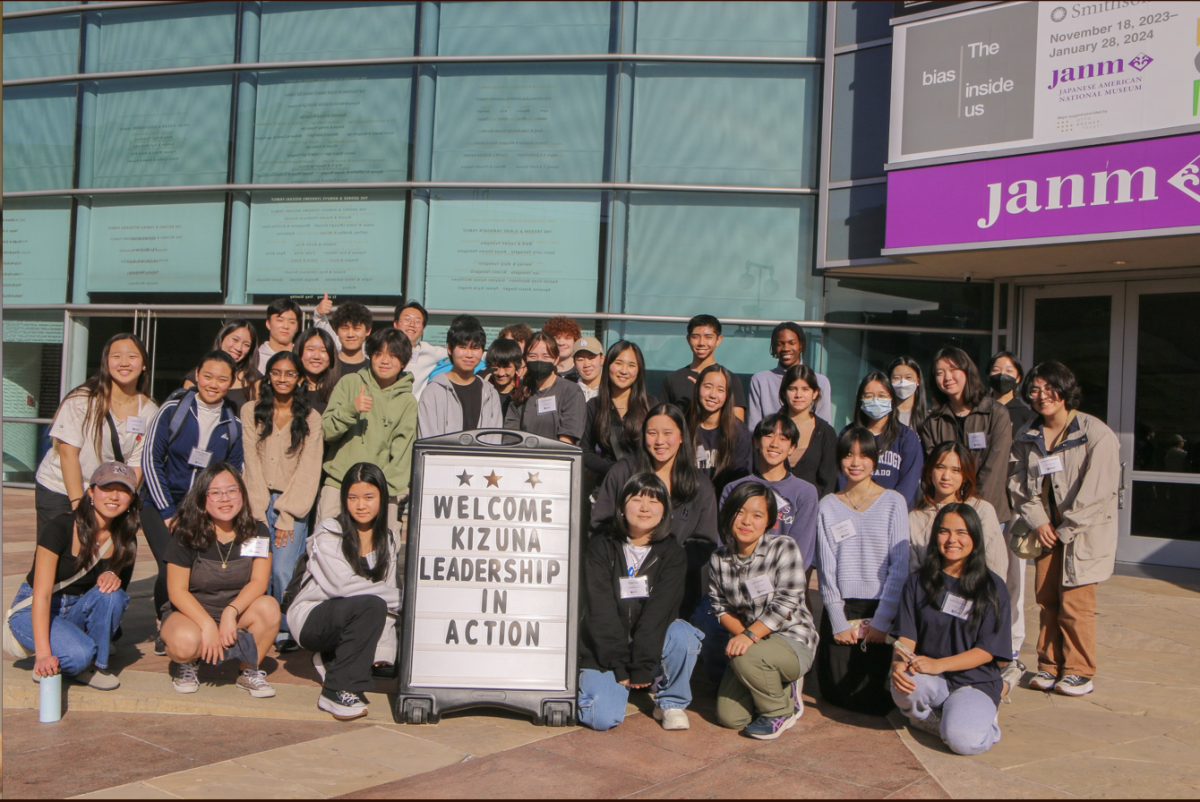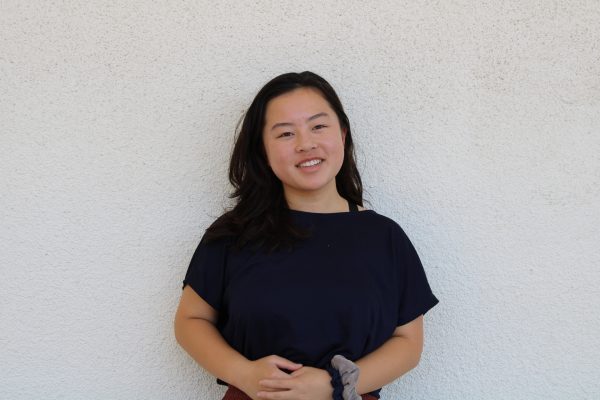So, it’s another one of those leadership things?”
The prospect of applying to Kizuna Leadership in Action during the fall semester of my junior year wasn’t a thrilling one. Between academic coursework and my desire for restful weekends, committing to a ten-week program with a 90-minute long commute to Little Tokyo seemed completely out of the question. In the days leading up to my first session, I viewed this activity as little more than a chore— perhaps a bullet point on my resume, or another footnote to add to my Naviance account. In spite of my initially bleak forecast, KLiA found ways to pleasantly surprise me.
From May to December 2nd, youth from the ages of 13-18 can apply for Kizuna Leadership in Action, a program whose mission statement is to “examine civil liberties and civil rights issues by diving into past violations, surveying current challenges in our diverse communities, and determining a course of action to fight such infringements.” Broken into groups of five, students are given a $1000 stipend to spend on any conceivable project to further their chosen cause for civil liberties. Ranging from LGBTQ+ rights to criminal justice reform, groups focused on one central topic before deciding what to make of their budget. From collaborating with Uprisers fashion label founder Michelle Hanabusa to children’s book readings, my fellow 2024 cohort member’s dedication and creativity shone through every facet of their work.
Admittedly, some past projects of Kizuna Leadership in Action aren’t without their flaws. When browsing the website, one finds a multitude of abandoned projects from the freshman year of its inception— an untouched plot of land intended to be a garden, a form for a Youth Volunteer Network that leads to nowhere. Despite the blunders of my cohort’s predecessors, it was an excellent driver in my desire to find a project that would outlive our graduation from KiLA in March.
I connected with four individuals of great passion, dedication, and patience to produce the short documentary Chinmoku: Silenced Voices, a tribute to the cries of interned Japanese Americans silenced after World War Ⅱ. Bearing televised witness to the horrors of Tiananmen Square, skewed media outlets, and common misconceptions pervasive in today’s era of internet connection, we chose freedom of speech as our central issue to promote one of the most basic human rights. During our high school experience, we found that the horrors of the Japanese internment camps were reduced to little more than a footnote in our history textbooks. It served no justice to encapsulate the magnitude of lost dreams and violated civil liberties in the nation calling itself “the land of the free.” Thus, our hope for the documentary was to remind our audience that the shadows of past mistakes still scar our nation as they once did decades ago, echoing in the screams of discrimination and racism. We wanted to express that while the present is a time for forgiveness and remembrance, it ‘s no excuse to silence the sorrows of the oppressed.
Who better to ask on the subject of civil liberty than those who fight for it? Initially, our plan was to reach out to renowned LA Times journalist Teresa Watanabe, contacted through the gracious introductions of former Reuters Breaking News reporter Mariko Lochridge. One of the best parts of Kizuna Leadership in Action are the weekly seminars hosted by a wealth of prominent Asian-American civil rights leaders and successful business-runners. Through this extensive network, invited speaker Mike Murase generously put us in contact with his colleagues from Nikkei Progressives, a civil rights advocacy and community-based volunteer organization.
However, our arduous quest to find credible interviewees wasn’t without challenges— as we received a landslide of abrupt cancellations, the deadline on our project loomed closer while our finances grew more dire with every canceled venue booking. (Our budget was inversely related to our stress levels— as the former decreased, the latter hit ceiling-breaking records.) In addition, working as a team required compromise and coordination— there was no room for late responses or lack of organized files, lest the narrow window for filming slip by.Considering my experience as a student journalist, I was put in charge of contacting and interviewing suitable candidates for our documentary. The story of Nikkei Progressives activists Mark Masaoka, Kathy Masaoka and Miya Iwataki was one of loss, but also recovery and the Japanese American community’s unbreakable resolve to rebuild their lives out of the ashes of tragedy. Ten weeks later, we presented Chinmoku: Silenced Voices in the hopes of encapsulating a fraction of their courage and eloquence.
Far beyond bolstering my interpersonal skills and respect for history, Kizuna Leadership in Action taught me that freedom cannot be taken for granted even in a country built upon the principles of life and liberty.
For more information on the 2024 Civil Liberties Group Projects, check out https://gokizuna.org/lia24.










